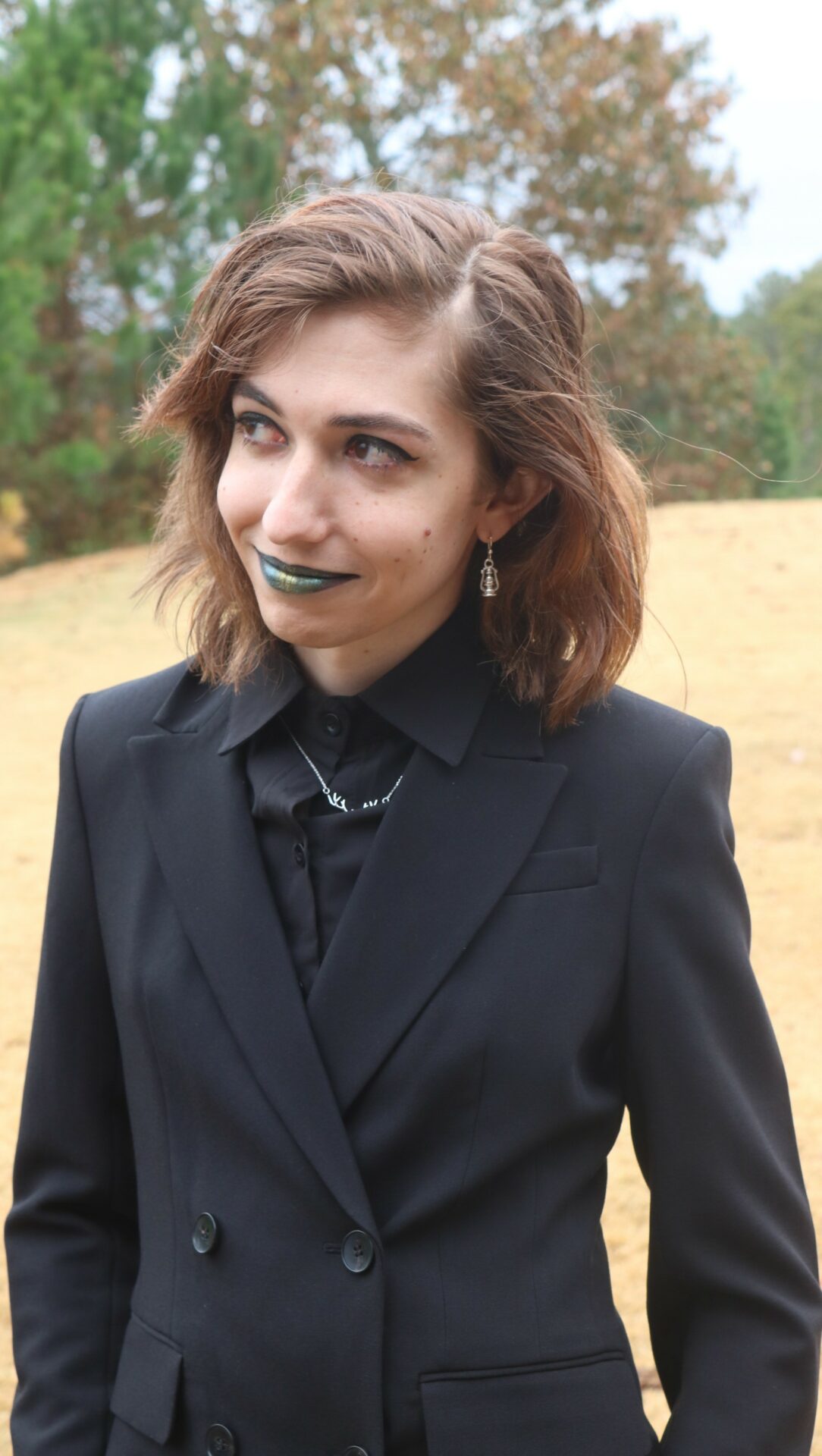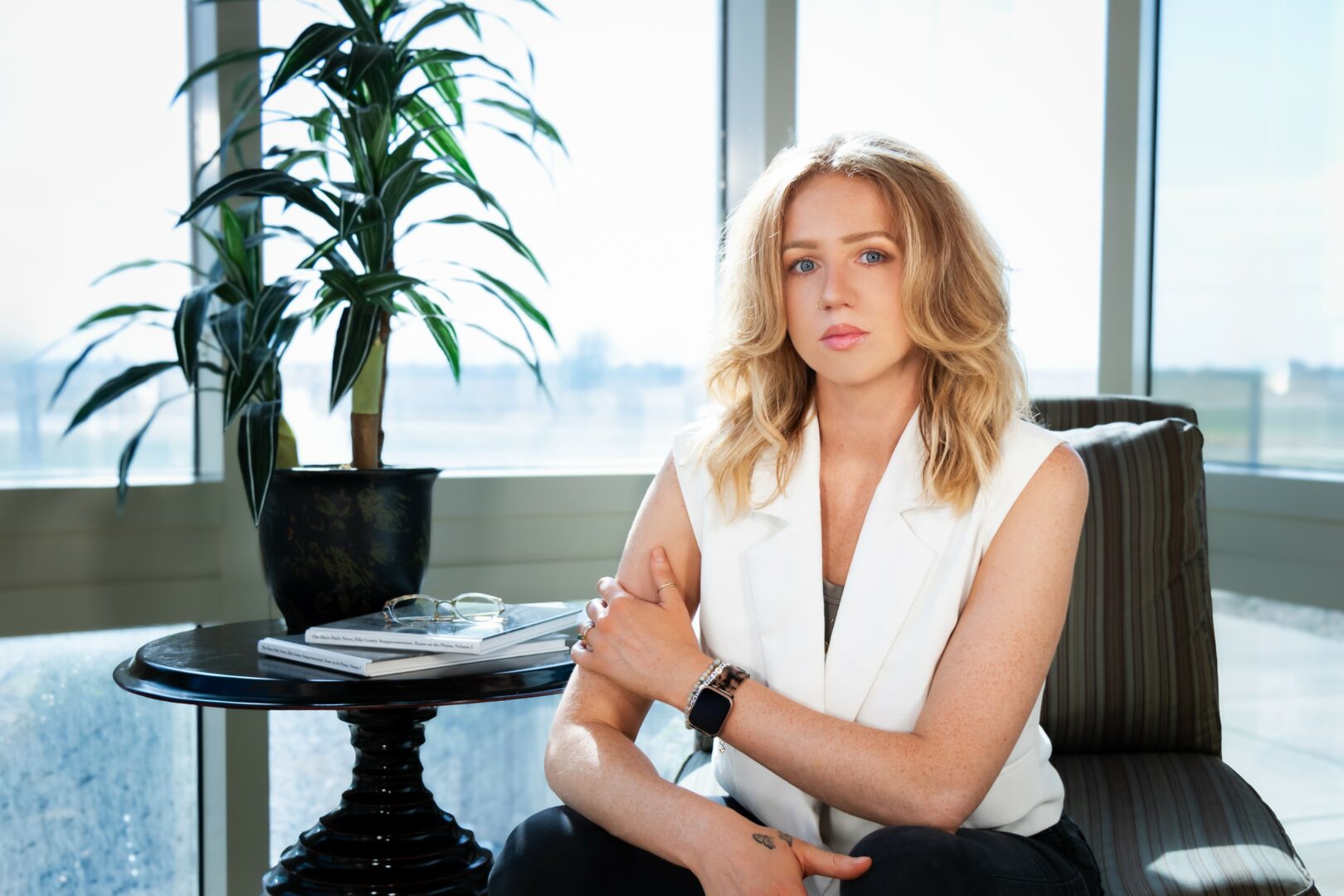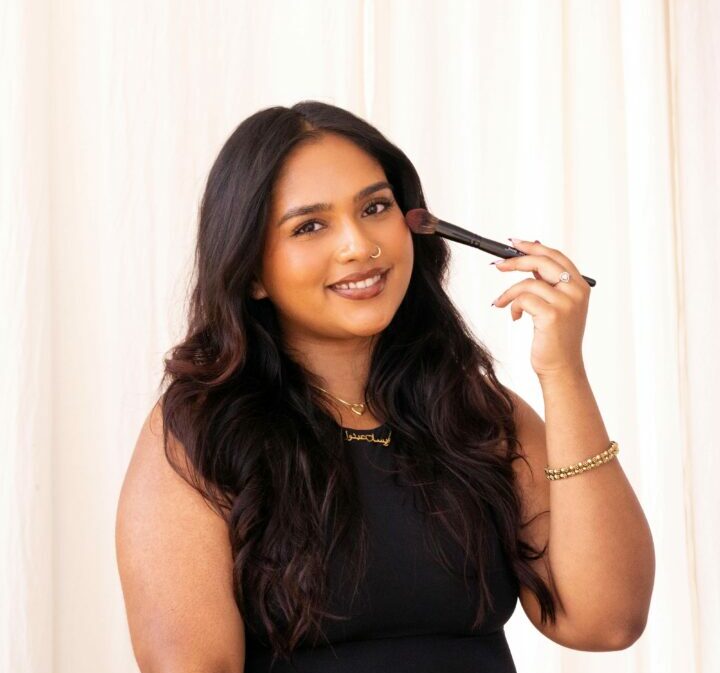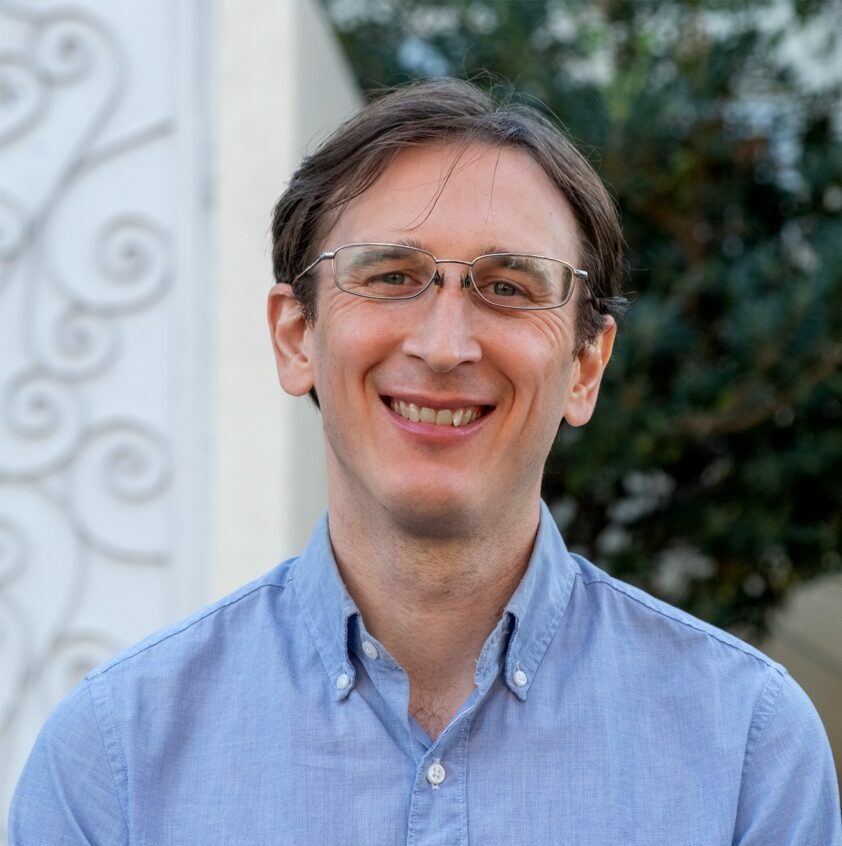We’re excited to introduce you to the always interesting and insightful Ezra Kirsch. We hope you’ll enjoy our conversation with Ezra below.
Alright, so we’re so thrilled to have Ezra with us today – welcome and maybe we can jump right into it with a question about one of your qualities that we most admire. How did you develop your work ethic? Where do you think you get it from?
When it came time to an age in which I needed to settle on a career path, I had to come to the unfortunate realization that the education I was told I would need to be a working artist was out of reach. Loans and tuition were out of the question for arts school or for any other formal training. While other more accessible career paths were available to me, I knew that I would never be satisfied as an artist if I did not indulge my desire to pursue animation professionally, and I knew that I would have much more of an opportunity to live openly and authentically as a queer person if I found my home in the arts.
Thus, I focused on what was in reach and what I could teach myself. I decided to go to school for writing; I knew that as a visual storyteller a strong grasp of narrative and rhetoric would be a necessary fundamental skill. The actual technical skills of animating, both theoretical fundamentals and practice in software, however, would have to be pursued on my own. In my first year of college, I bought a subscription of Adobe After Effects and set to work finding online tutorials and personal projects that would push the bounds of my understanding as an animator and force me to learn new techniques. When I learned about ASIFA-South, the southeastern U.S. chapter of the International Animated Film Society, I set to work making sure I could pay a visit to their mixers and other events as often as I could, making the over 200 mile trip from my college town to Atlanta at least every other month to pay an in-person visit and to become a familiar face to their committee members and regulars. Soon enough, my tenacity led to an internship, and that internship led to a job, and the rest was history.
My main lesson throughout this was to ceaselessly be a student and to always be learning. It’s important to nail the door open to new skills, new perspectives, and new professional relationships. Adaptability and personability are key to forgiving a livelihood out of a passion, and they are traits that I hold dearly.
Thanks, so before we move on maybe you can share a bit more about yourself?
I am an animator and compositor focused in motion graphics and visual effects. My background is in providing animation solutions to marketing and production teams as well as corporate clients to help bring their projects to fruition or to better market themselves in an ever-growing online landscape. I’ve worked on explainer and social media pieces for Crayola, NATO, and ASIFA-South, as well as narrative works for Rise Home Stories, Grammy Award-winning violinist Augustin Hadelich, Netflix, and Max.
Outside of my work by day, I mentor animation students in partnership with ASIFA-South. I’m also a member of Atlanta’s rich puppet performing community, having operated as a puppet fabricator and puppeteer as well as providing some animation services and expertise for the Center for Puppetry Arts’s Xperimental Puppetry Theater annual show and the Atlanta Fringe Festival’s Puppet Slam.
There is so much advice out there about all the different skills and qualities folks need to develop in order to succeed in today’s highly competitive environment and often it can feel overwhelming. So, if we had to break it down to just the three that matter most, which three skills or qualities would you focus on?
I’ve had the pleasure of mentoring rising animators with ASIFA-South in the past, and if I impart any knowledge, experience, or wisdom onto them, I try to make sure it’s to be three things:
1. A Professional
Communication and personability are dramatically more valuable than technical skill or talent. You can be a master of your craft, but if you’re resistant to working with others or if conversation regarding your work or your ideas is sparse or difficult, then you’re infinitely less hirable than someone with little understanding or experience with their role but wide open to learn and to collaborate. Unlikely every edgy show or movie about a brilliant yet abrasive savant you’ve ever seen, nobody’s too good at their job to be unpleasant to work with.
2. An Artist
This may seem redundant, but I believe it’s important to distinguish between work as passion versus work for profit. There’s value in recognizing that you’re always working for somebody, and not only is this especially true as an artist but it means that you need to develop a relationship with the work that pays the rent that is separate from the work you pursue creatively. At the same time it can be easy for your passions and ideals as an artist to obstruct the needs or a working relationship with your team or client, it’s all too common to allow your work as a professional artist to drain your energy to pursue your own creative interests. There’s a delicate balancing act in learning when and how to let yourself play when it comes to what you create off the clock versus what pays the rent, but your artistic drive and general sanity will be grateful if you’re able to master it.
And… 3. A Person
This may also seem self-explanatory, but from personal experience it can be all too easy to end up treating yourself without full kindness when pursuing your professional aspirations and when you’re under pressure to deliver. Mistakes happen; whether or not a misstep or a setback is your doing or your responsibility, it’s important to bear in mind that this and every other sort of work is complicated and that generally everyone is doing their best. Be forgiving towards your peers and colleagues, but especially be forgiving to yourself; an all-nighter, overworking, or any other compromise on your health is only ever the opposite of productive.
Finding balance between these three identities is a delicate, active effort, but they are key to finding and maintaining peace, motivation, and health in your pursuits as a working creative.
Do you think it’s better to go all in on our strengths or to try to be more well-rounded by investing effort on improving areas you aren’t as strong in?
In an ever-changing industry, it’s necessary to be able to adapt and to acquire new knowledge and skills to improve your workflow and to increase your versatility. It’s a good thing to specialize, but having experience in other trades within the animation industry and even outside of it will only ever do you favors when it comes to the day-to-day creative problems you need to solve. Animation is a highly multidisciplinary craft, and I approach it with what I’ve learned from writing, from my (albeit minor) understanding of physics, and from my performing experience as a puppeteer. There’s never any harm in adaptivity and being fluid in your personal and professional interests, and I believe it goes a long way to make life and work all the more colorful.
Contact Info:
- Website: https://www.ezrajkirsch.com/
- Linkedin: https://www.linkedin.com/in/ezra-kirsch-4083a41ab/
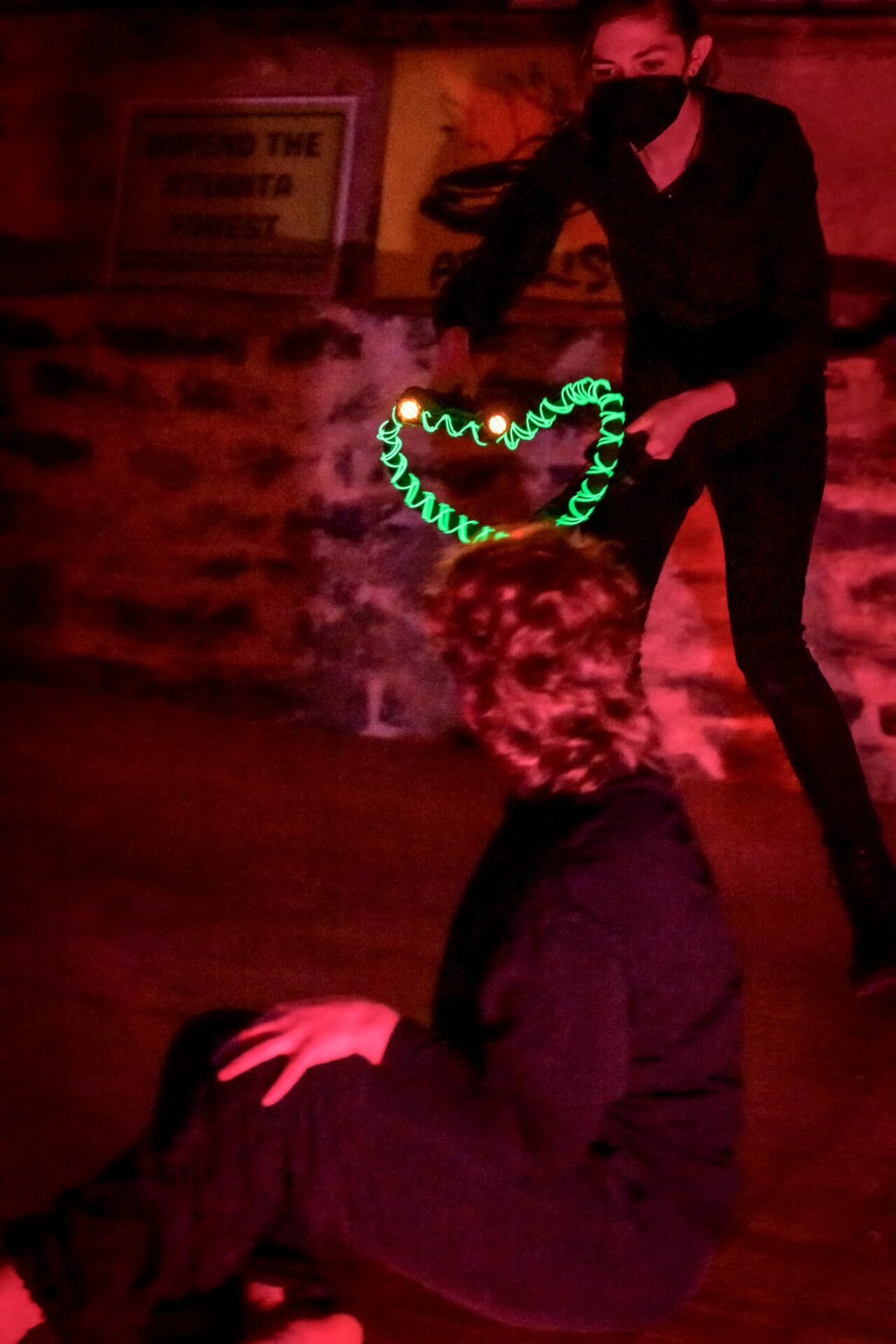
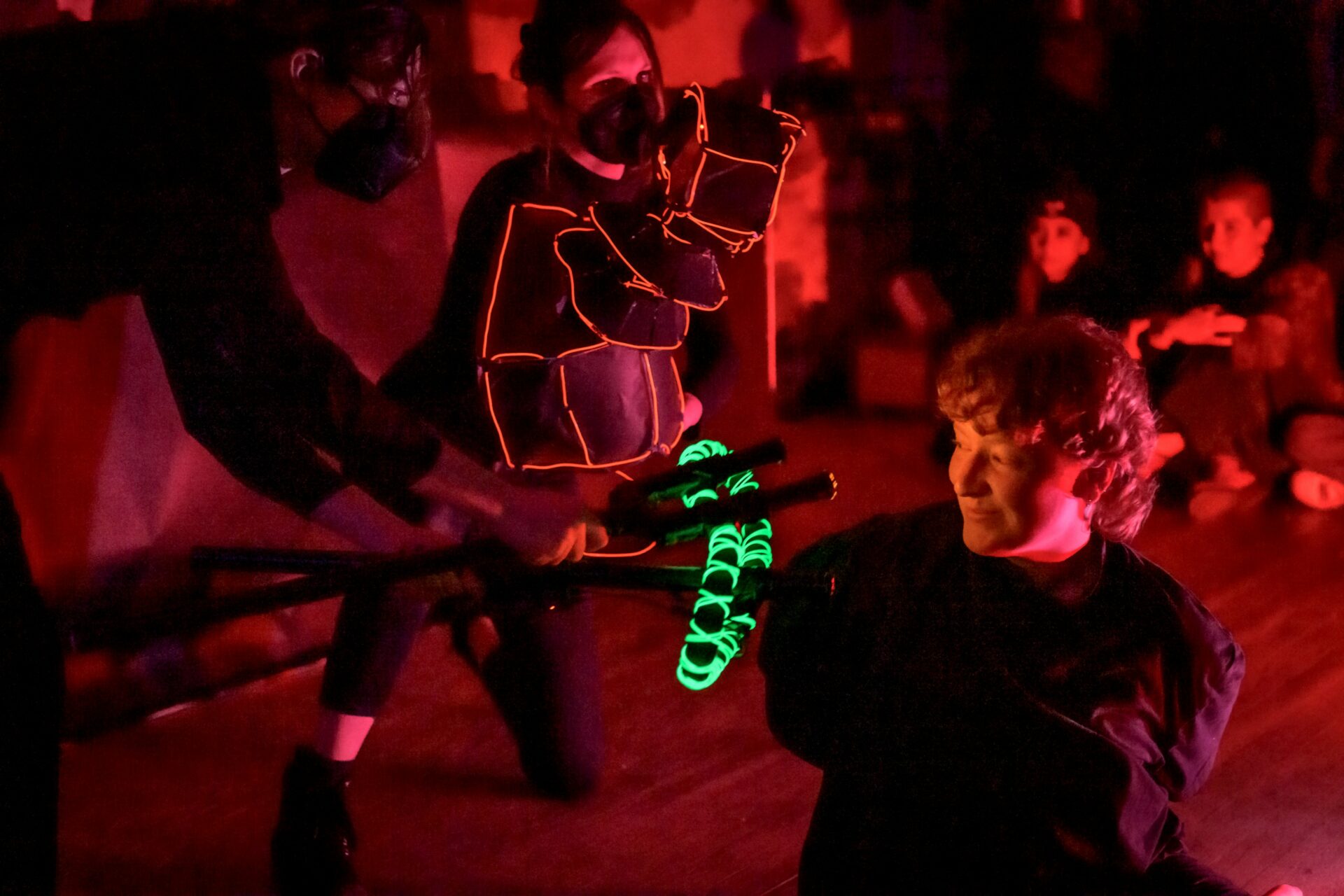
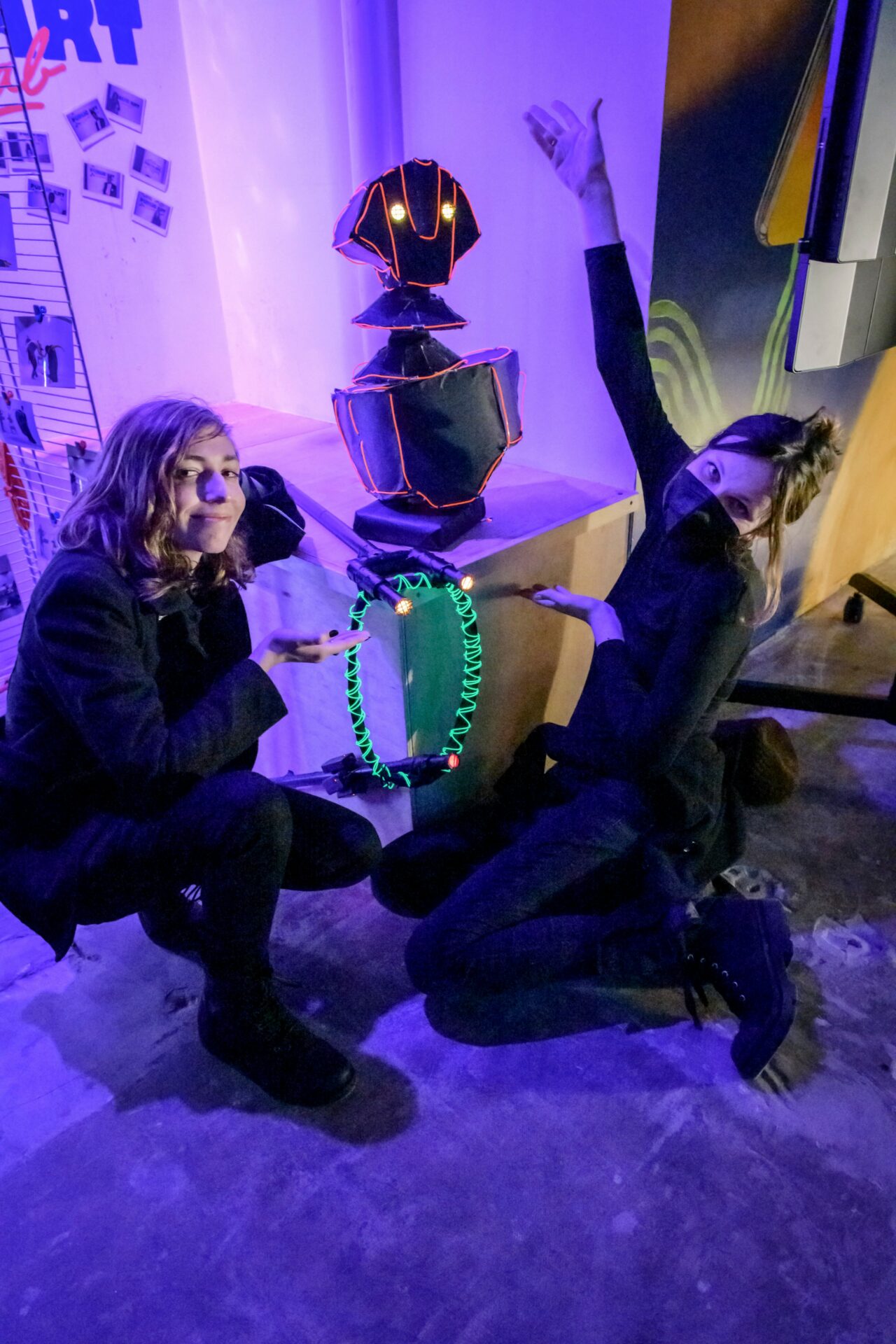
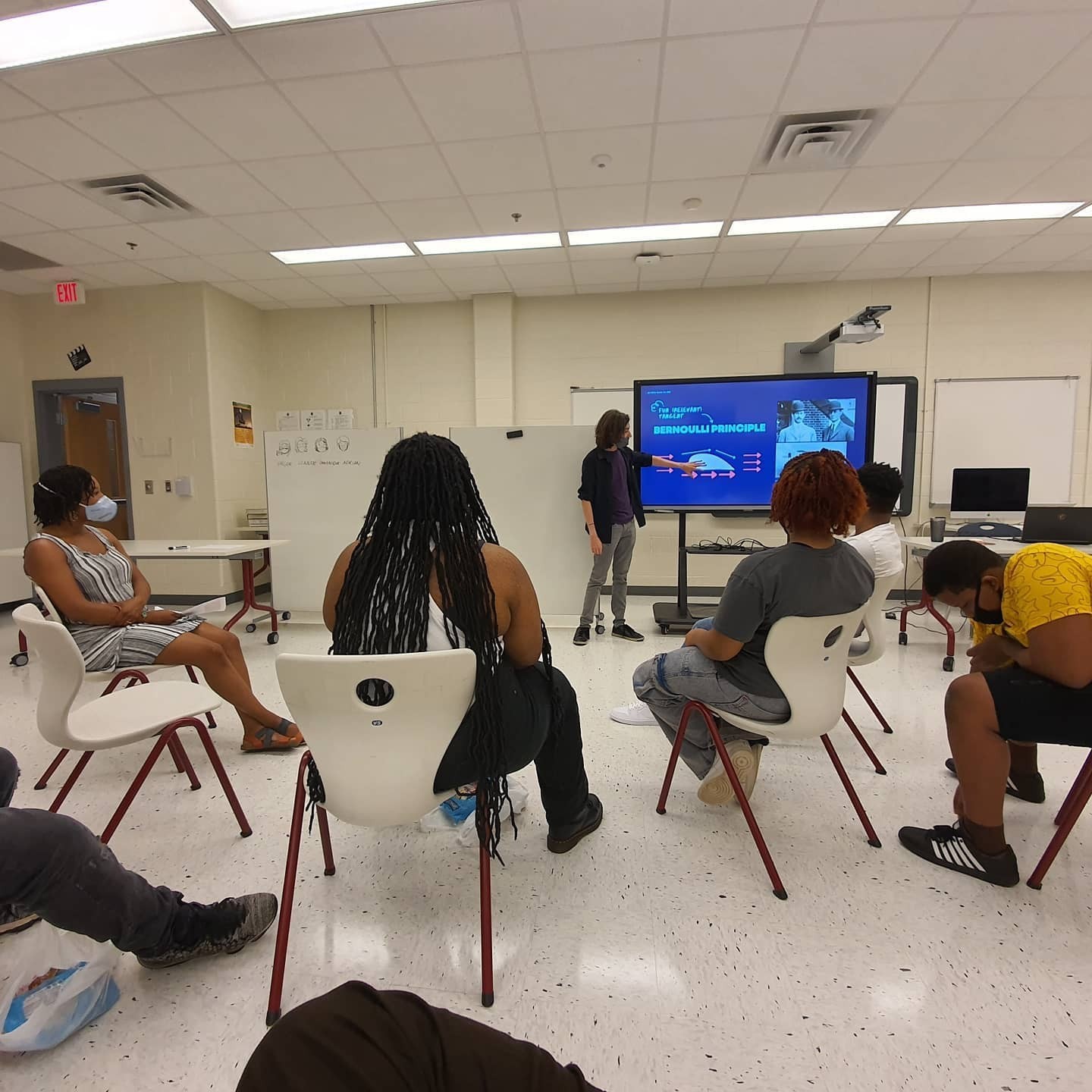
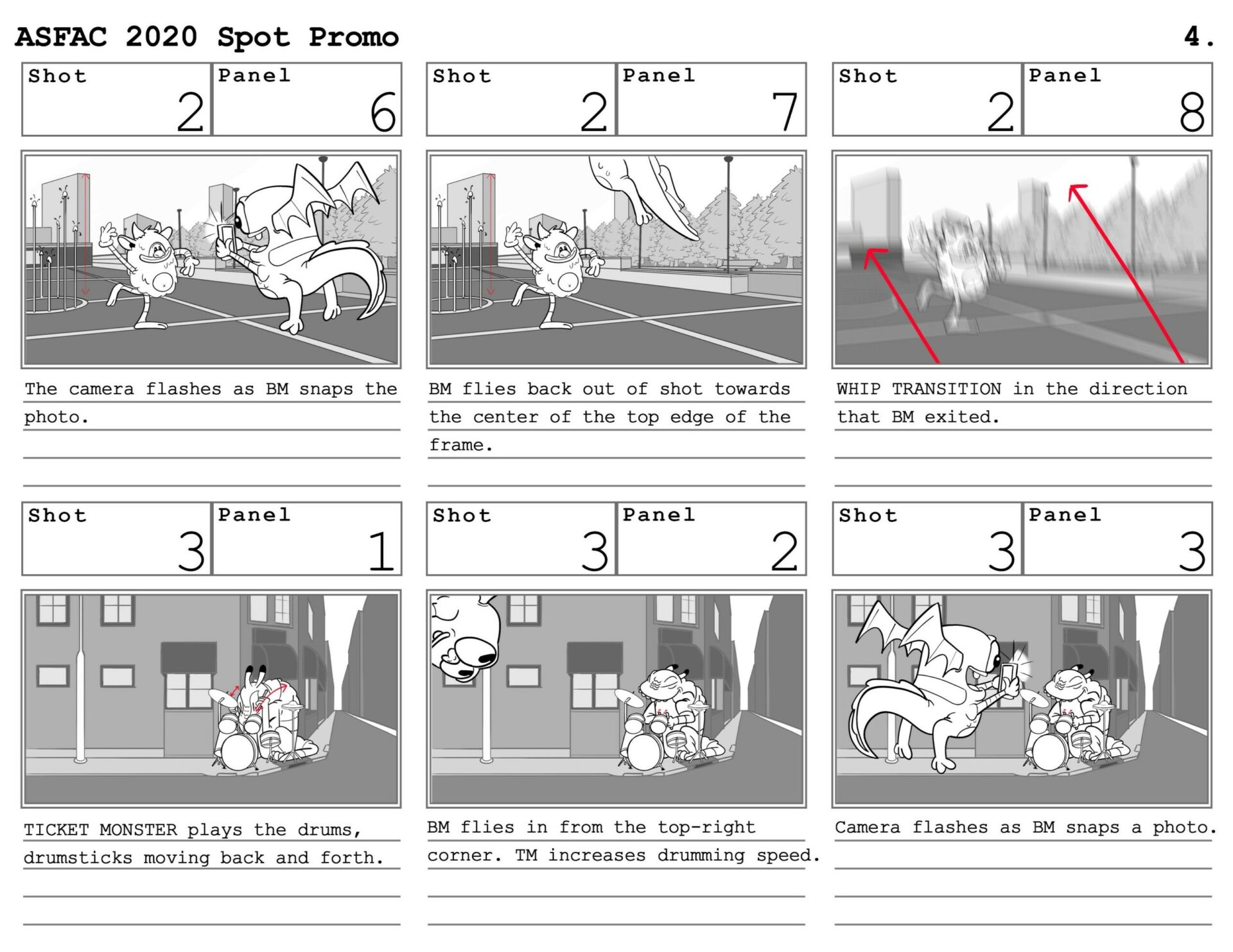
Image Credits
Performance photos of Hidden Lanes provided by Michael Boatright Photography, Courtesy of DanceATL.

